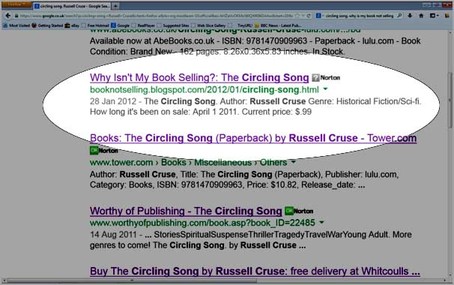A feature of the life-cycle of papaver rhoeas, the so-called field poppy, is the fact that it can lay dormant for decades in undisturbed soil, requiring the impact of a spade, a plough… or an 8” Howitzer shell. Considering that some estimates put the number of shells of all sizes fired in World War I at well in excess of 1,000,000,000, it seems hardly surprising that sudden efflorescence of field poppies occurred on a grand scale and it was this that caught the imaginations of combatants throughout the Western Front. Life from destruction; hope; resurrection. A recognition that the horror would not go on forever.
It’s unsurprising that the Royal British Legion chose it as their symbol of remembrance in 1921. The white poppy, however, did not turn up until 1933 as a rallying symbol for peace by the Women’s Co-operative Guild. It was too close to the conflict for this well-meaning gesture to be appreciated by the veterans who, rightly or wrongly, viewed it as an affront to the sacrifices made by themselves and their comrades. Valiant efforts were made on both sides to reconcile the differences; the wearing of both colours at Remembrance Day events was tried, as was the laying of wreaths of both red and white poppies but sadly, this particular conflict remained unresolved. Waters were muddied further when many of those on the political left, proponents of the white poppy, realised that opposing fascism with pacifism was a bit of a non-starter and signed up for the International Brigades instead. The eventual onslaught of Nazi Germany put paid to any lingering doubt that peace was any sort of option and left and right fought side by side for the next six years.
Since 1945, war has become something almost ubiquitous and it has been very difficult for the Peace Pledge Union – the organisation producing white poppies at present - to gain a great deal of popular support. There is, and probably will be for many years to come, a knee-jerk reaction which kicks a choking cloud of abuse upon those who would wear one; which is why the nest of vipers that is the British press is waiting with bated breath to see what colour Jeremy Corbyn will wear at the Cenotaph this year.
Like all the traps that becoming an Establishment figure has laid before Corbyn, this one has its roots in convention, tradition and history and is certainly not as simplistic as the tabloids would have their readers believe and I could cite my own attitude as illustration. I have long been a student of the 1914-18 conflict and, like many such, no longer view the war as perhaps the general populace might, that is, merely the sacrifice of youth on the altar of hubris. It was, of course, that but not “merely” that. Space prevents a detailed analysis of why the war had to be fought but suffice it to say that to tell a veteran of that conflict that his sacrifice had been in vain would have been, (and was for many of them), the most egregious insult. And what purpose is served by insulting veterans of conflict?
Whatever our views on warfare, there can be little doubt that those at the sharp-end know more about it than most. Traditionally, our front-line soldiers have been drawn from what might loosely be termed, the working classes. Unlike the career officers who command them, the enlisted soldier is often there as a result of high unemployment (not a co-incidence) or lack of education (again, possibly, not a co-incidence). In other words, whatever we may think of them, they are not the ones to blame. And if veterans might be offended by the wearing of a white poppy, then perhaps it behoves us to swallow a little pride and put a lid on our self-righteousness for a few days.
As a staunch supporter of the Labour leader, my view is that, since the matter can and will be blown out of all proportion by the press, the wisest course of action would be to “render unto Caesar”, as it were.
His supporters are not likely to withdraw because of it but those not yet convinced – and we need them, of course – might.
As a footnote, has anyone seen those sparkly poppies? What the boiling hell do the people wearing them think they are doing? Whatever it may be, a poppy is most definitely not a decorative accessory!




 RSS Feed
RSS Feed

